California: Another Judge Discards Red Light Camera Evidence
A San Diego, California Superior Court judge on Monday found elements of typical red light camera court evidence packages to be inadmissible hearsay. Eight consolidated cases were dismissed by Commissioner Karen A. Riley after she considered a motion to exclude evidence generated by automated ticketing vendor American Traffic Solutions (ATS). In light of the recent Melendez-Diaz v. Massachusetts ruling by the US Supreme Court ( view ruling), Riley found the accused had a right to confront ATS witnesses.
The city of San Diego argued that the ticket evidence falls within standard business and official record exceptions to the hearsay rule and no such testimony was needed. Defense attorney Mitchell Mehdy countered that the evidence package prepared by ATS is hearsay because the company’s employees never appear in court and a police officer merely reads off a sheet of paper on the witness stand having no direct knowledge of the incident described.
“The information regarding the alleged violation is purposefully created in anticipation of litigation, packaged neatly for an officer, and then used to convict a person who never had the opportunity to properly confront anyone other than the officer who can only recite what he has on the papers in front of him,” Mehdy wrote in a brief to the court.
The court did find that elements of the ATS package are admissible insofar as an ATS employee states under penalty of perjury the conditions under which materials in the evidence envelope were “obtained or generated, or captured, transmitted and stored in the ATS database in Scottsdale, Arizona.” Other portions of the document however were found to be improperly testimonial in nature. For example, the ATS records custodian describes the training and experience of employees and the habits of technicians responsible for reporting the data. The document also speaks about how employees “enlarge and enhance” ticket photos “without altering the content” and how the company’s systems use “advanced encryption” to prevent tampering.
“The prosecution appears to contend that the affidavit is admissible for all purposes because each affidavit itself falls within the business records or official records hearsay exceptions; but this contention is unsupported,” Riley found. “Instead of recording an act, condition or event as part of a business record, the affidavit of custodian of records describes in some detail various aspects of the overall photo red light process at ATS…. Since the affidavits contain largely ‘testimonial statements’ and the custodian is attempting to testify as a ‘witness’ for purposes of the Sixth Amendment… the defendants here are entitled to be confronted with the testifying witness at trial.”
The court found the photographs themselves to be admissible because they essentially speak for themselves, but that the data imprinted on the photo showing the time of day and how long the light was red would only be accepted after showing both the camera system and the Arizona computer network was functioning properly. Merely producing inspection logs is insufficient in the court’s view to establish reliability.
“There is no evidence or mention (indeed to date there is never evidence by the city) that the internal camera computer or its connected counterpart in Arizona, or the computers’ date and specific time settings, the local or remote measurements of the exact signal phase times, the speed calculations, the Arizona computer connection with each of the intersection camera systems, etc. were or are ever checked for proper functioning,” Riley wrote. “According to the inspection logs, technicians only check the intersection equipment, with no mention of the computer at the intersection or in Arizona… They do not indicate that they check the accuracy of the settings and measurements being made by the system…”
The court set a high burden for ATS to meet should it wish to prosecute a case successfully in the future.
“The court points out that it is not ruling against the red light camera system as a whole,” Riley concluded. “Rather it is a ruling that sufficient foundation and evidence must be presented and appropriate witnesses must be present at trial to testify and be subject to cross-examination by the defendants. In the absence of the excluded evidence and appropriate witnesses with personal knowledge as discussed herein, the court finds that the people would be unable to prove the within eight cases beyond a reasonable doubt. Therefore, the within matters are dismissed.”
A copy of the decision is available in a 1mb PDF file at the source link below.
In Re: 8 Photo Red Light Cases (Superior Court of California, San Diego County, 8/16/2010)
[Courtesy: Thenewspaper.com]
More by Edward Niedermeyer
Latest Car Reviews
Read moreLatest Product Reviews
Read moreRecent Comments
- Zerofoo The green arguments for EVs here are interesting...lithium, cobalt and nickel mines are some of the most polluting things on this planet - even more so when they are operated in 3rd world countries.
- JMII Let me know when this a real vehicle, with 3 pedals... and comes in yellow like my '89 Prelude Si. Given Honda's track record over the last two decades I am not getting my hopes up.
- JMII I did them on my C7 because somehow GM managed to build LED markers that fail after only 6 years. These are brighter then OEM despite the smoke tint look.I got them here: https://www.corvettepartsandaccessories.com/products/c7-corvette-oracle-concept-sidemarker-set?variant=1401801736202
- 28-Cars-Later Why RHO? Were Gamma and Epsilon already taken?
- 28-Cars-Later "The VF 8 has struggled to break ground in the increasingly crowded EV market, as spotty reviews have highlighted deficiencies with its tech, ride quality, and driver assistance features. That said, the price isn’t terrible by current EV standards, starting at $47,200 with leases at $429 monthly." In a not so surprising turn of events, VinFast US has already gone bankrupt.



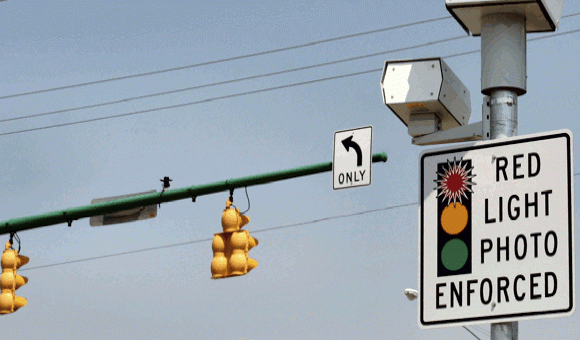















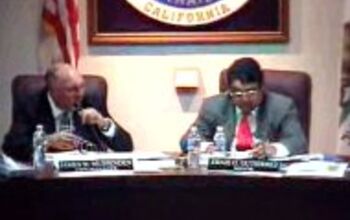
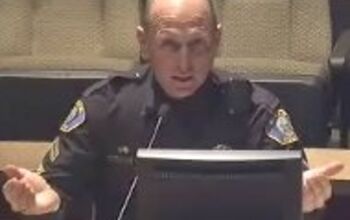
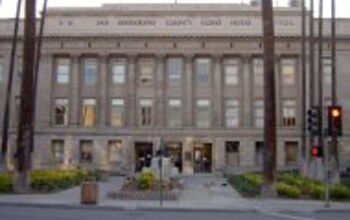

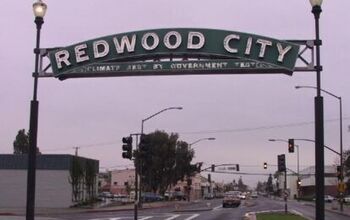




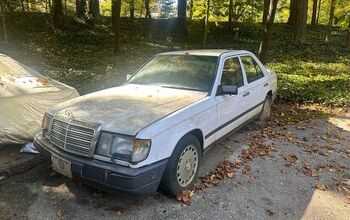





Comments
Join the conversation
It's wonderful that Comm. Riley took the time to write out such a detailed decision - but it's not gonna slow down the push to make us finance govt. via fines. (The fine for a red light camera ticket in California is about $500.) Here is the latest they're up to: Gov. Schwarzenegger has, in his budget that's under discussion right now, a proposal to install 500 speed cameras (California does not as yet have speed cams). Schwarzenegger's budget contains a $40 surcharge to go on all tickets. That's in addition to a 20% surcharge that went into effect in June. While I'm on my soap box, I want to mention another California-only perversion. About 30 cities here issue fake/phishing red light camera tickets, called Snitch Tickets, to fool registered owners of cars to turn in whoever was driving their car. What the RO's don't realize, until after they've already turned-in their kid, wife, or friend, is that the fake tickets can be ignored, since they have not been filed with the court. Warn your friends about these. The way to recognize them is that they look just like a regular red light camera ticket, but do not have the address of the court on them. Doesn't all this make you want to make California your next vacation destination?
I’ve read the State of California is in the top five for income tax, property tax, sales taxes, vehicle ownership taxes, and fees for government services. Now they want 500 speed cameras to help balance the budget?